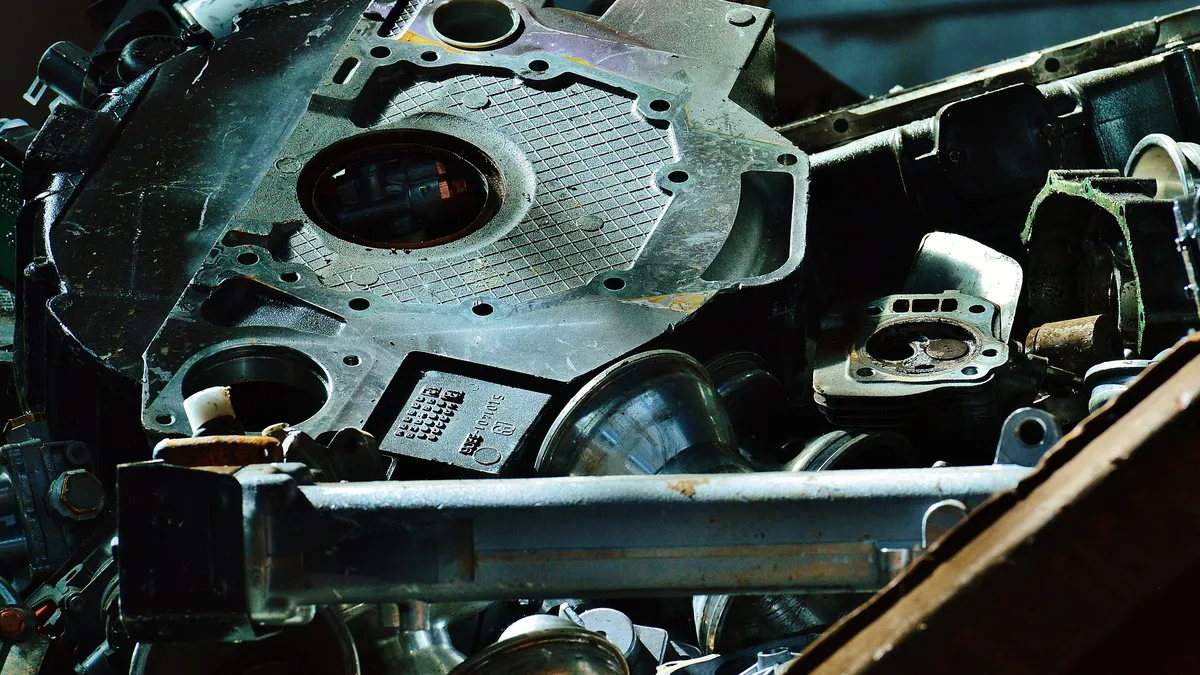Dive Brief:
- A pair of Tesla executives are now directors of Redwood Materials, an advanced technology and process development company focusing on materials recycling, remanufacturing, and reuse, CNBC reported Tuesday.
- While no official partnership is evident, this aligns with Tesla's intent to control more of its supply chain and gain easier access to reverse logistics in terms of recycling and reusing manufacturing materials, as the company is known for its sustainability initiatives.
- A self-imposed increase in social responsibility could be emerging as a trend. Apple, for example, recently stated its own intent to withdraw from mining and the toxic environment with which it's associated.
Dive Insight:
Tesla's known for pushing industry boundaries, especially when it comes to sustainability. More than its technology, however, the company is showing that sustainability must pervade all aspects of the supply chain, from transportation to manufacturing.
In one example, as the company scaled production to meet rising demand for its vehicles, it convinced suppliers to move to a nearby town thereby drastically saving on transportation costs of supplies (and the subsequent emissions). Similarly, a decision to skip the prototyping stage is an unconventional strategy as the auto-maker rushes its Model 3 to market that also reduces waste, even if it is of cheap materials.
If, in fact, the company partners with Redwood Materials, it would hardly come as a surprise. Though Tesla is considered an innovator within the auto industry, it would not be the first to integrate a closed loop system into its manufacturing process. A recent redesign of three Ford factories' recycling systems, for example, helped the auto maker tighten its supply chain by saving 5 million pounds of aluminum per year (23% more product recycled), and hundreds of millions of dollars in procurement savings.
In general, sustainability is becoming a trend throughout the industry. However, sustainability can only go so far and, often, only applies to profitable business cases.
Any company can paint lean manufacturing, closer suppliers and waste-reduction as green initiatives — and they certainly help — but sustainability initiatives don't always extend to ensure ethical sourcing of otherwise-expensive material. After The Washington Post revealed high risk of human rights violations within Tesla's raw materials suppliers, the company promised to audit them. But the company never did, according to press reports. Pledges to sustainability are great and important, but broken promises detract from the message.












